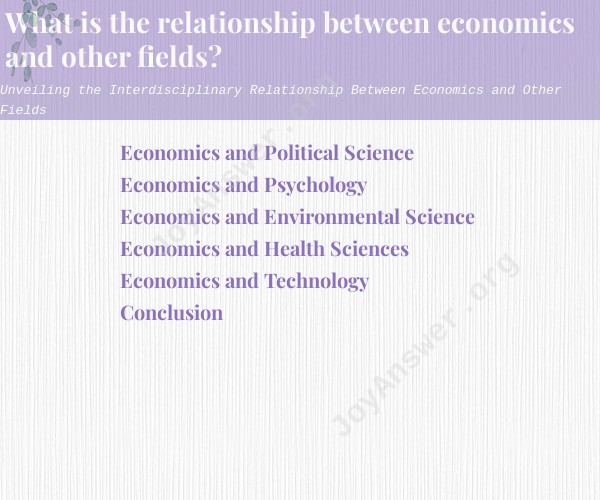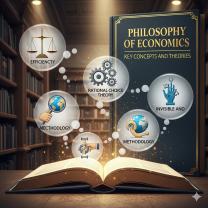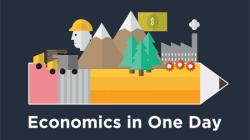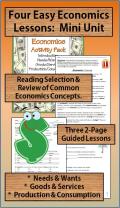What is the relationship between economics and other fields?
Economics, as a social science, is intricately connected to various other disciplines, fostering interdisciplinary collaborations and insights. The interaction between economics and these fields enriches our understanding of complex societal phenomena and offers innovative solutions. Let's delve into the interdisciplinary relationships between economics and other fields:
Economics and Political Science
Political decisions often have profound economic implications, and economic policies are influenced by political considerations. The study of the intersection between economics and political science, known as political economy, examines how political institutions and policies impact economic outcomes and vice versa. Researchers in this interdisciplinary area analyze topics such as government intervention, trade agreements, and policy-making processes.
Economics and Psychology
Behavioral economics is a prime example of the collaboration between economics and psychology. This field explores how psychological factors influence economic decision-making, challenging traditional economic assumptions. Concepts like cognitive biases, prospect theory, and nudges are employed to understand human behavior in economic contexts. By integrating psychological insights, economists gain a deeper understanding of why individuals make certain choices.
Economics and Environmental Science
Environmental economics explores the relationship between economic activity and environmental issues. This interdisciplinary field addresses questions of sustainability, resource management, and the economic impact of environmental policies. By quantifying the costs and benefits of environmental decisions, economists contribute to shaping policies that balance economic growth with environmental preservation.
Economics and Health Sciences
Health economics examines the allocation of resources in the healthcare sector. It assesses the economic impact of health policies, healthcare delivery systems, and medical interventions. Economists collaborate with medical professionals to evaluate the cost-effectiveness of treatments, analyze healthcare markets, and inform health policy decisions that optimize public health outcomes.
Economics and Technology
The rise of the digital economy has led to a close relationship between economics and technology. Technology-driven sectors, such as information technology, e-commerce, and fintech, have transformed economic landscapes. Economists analyze the effects of technological advancements on productivity, income distribution, and market structures, shaping strategies for innovation and economic growth.
Conclusion
The interdisciplinary relationship between economics and other fields is a testament to the interconnectedness of human society. By collaborating with political science, psychology, environmental science, health sciences, technology, and more, economics gains valuable perspectives that enrich its analyses and contribute to evidence-based decision-making. This dynamic interaction fosters innovative solutions to complex challenges and underscores the importance of interdisciplinary approaches in advancing our understanding of the world.












